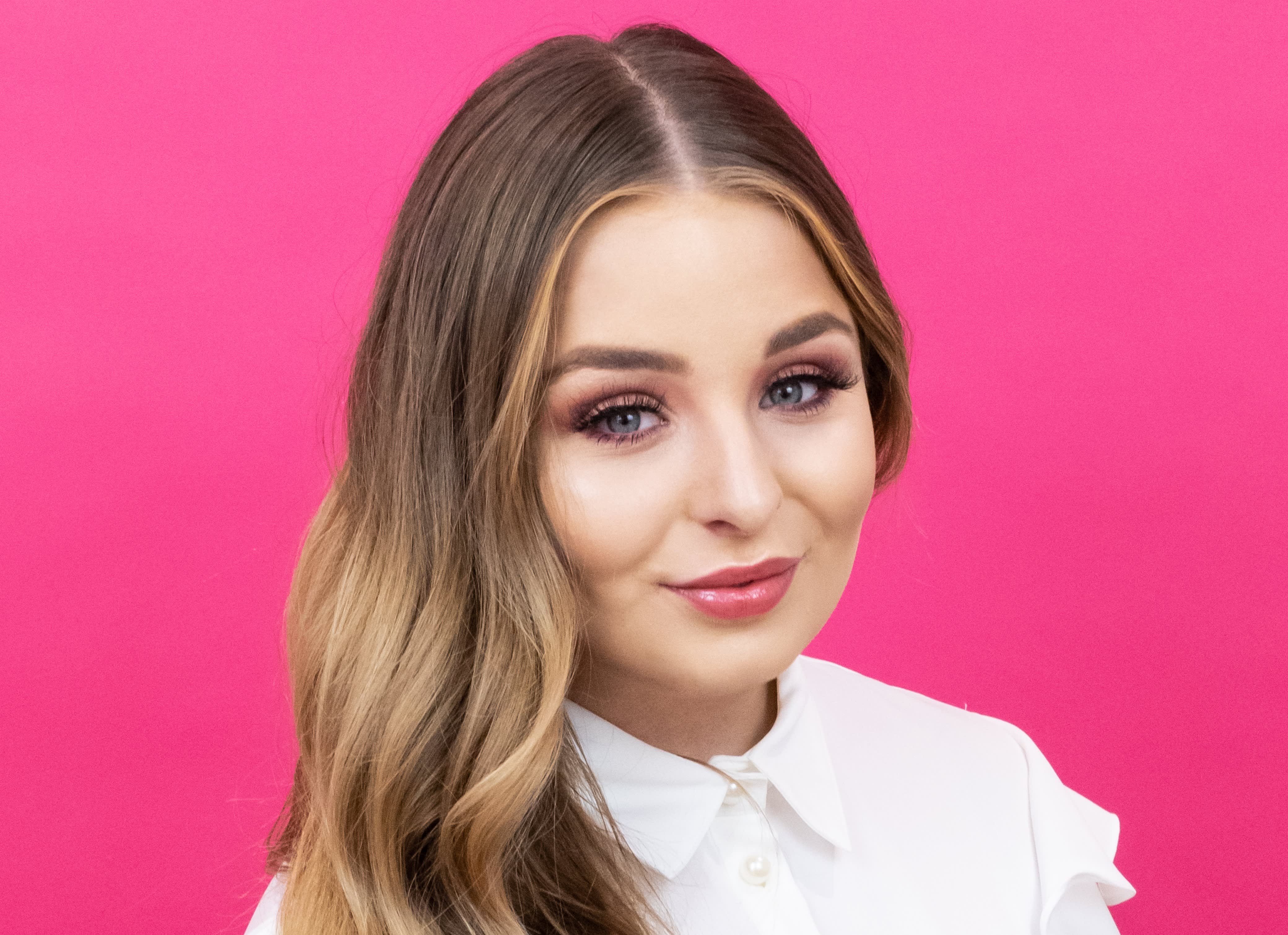
Rose Dyson founded Pura Cosmetics when she was just 15 years old for a high school competition.
Courtesy of Pura Cosmetics
At age 15, Rose Dyson created eco-friendly lip care brand Pura Cosmetics for a high school competition, in which entrants had to create a business with just £25 ($32).
Now 21 years old, the entrepreneur from Yorkshire, in the north of England, told CNBC over a video call how she was always “the kid at school that got involved with everything.”
“Everyone thought it was quite geeky at the time but I always went and did it anyway and I’m glad I did now,” she said.
Indeed, six years after winning that high school competition Pura Cosmetics is now generating revenue of more than £100,000 a year.
During that period, Dyson started out by marketing her product on social media and went to fairs in her local area to sell products, eventually earning the funds to set up a website.
She then went on to win funding from the founders of big-name U.K. businesses. In 2018, she was named the most promising teenage CEO in the U.K. and Ireland in TransferWise’s U.K. “20 Under 20” competition, after pitching to the fintech’s co-founder Taavet Hinrikus, winning a £10,000 investment.
A year later, Dyson won U.K. start-up competition “The F Factor,” getting another £10,000 in prize money from the co-founder of travel website Lastminute.com, Brent Hoberman.
Disrupting the eco-friendly image
Dyson said the initial idea for Pura Cosmetics came from being “constantly disappointed” by the lack of affordable eco-friendly makeup and skincare products. These products tended to come with a “steep, premium” price tag, which she simply couldn’t afford as teenager. After some research, she found that many other “eco-conscious Gen-Zers” felt the same.
To come up with the formulas for the lip care products, Dyson said she spent all her free time after school and at the weekends researching and trialing ingredients, as well as contacting other companies for advice. Dyson said she has used a minimal number of ingredients to create the plant-based formulas for lip balms and scrubs.
As well as the price of the products, which start at £3.99, Dyson said she has also sought to “disrupt the image of eco-friendly products.” Instead of the “moss green and brown” shades typically associated with eco-friendly products, Dyson opted for more eye-catching bright colors for her plastic-free packaging that she felt better appealed to young people.
Dyson also highlighted that her company had been able to provide plastic-free packaging and other “eco-benefits” as a small start-up and questioned why bigger companies couldn’t do the same.
She said Pura has seen an uplift in sales amid the pandemic, as people stocked up on “self-care essentials.” Dyson also believed that people have had more time to re-consider the products they use and shop around for more affordable eco-friendly alternatives.
‘Start small’
In order to focus on the business, Dyson decided not to go to college, a decision she said shocked her friends.
“I think everyone has their own path and it doesn’t necessarily mean a lovely sheet of grades … you can succeed and show success in so many different ways,” she said.
One of her biggest pieces of advice as an entrepreneur is to “start small” in terms of having a focus on a product, particularly as someone herself who had limited funds starting out.
CNBC Make It is always looking to hear about the experiences of young people around the world. If you’ve got a story to share get in touch at Makeit@cnbc.com




